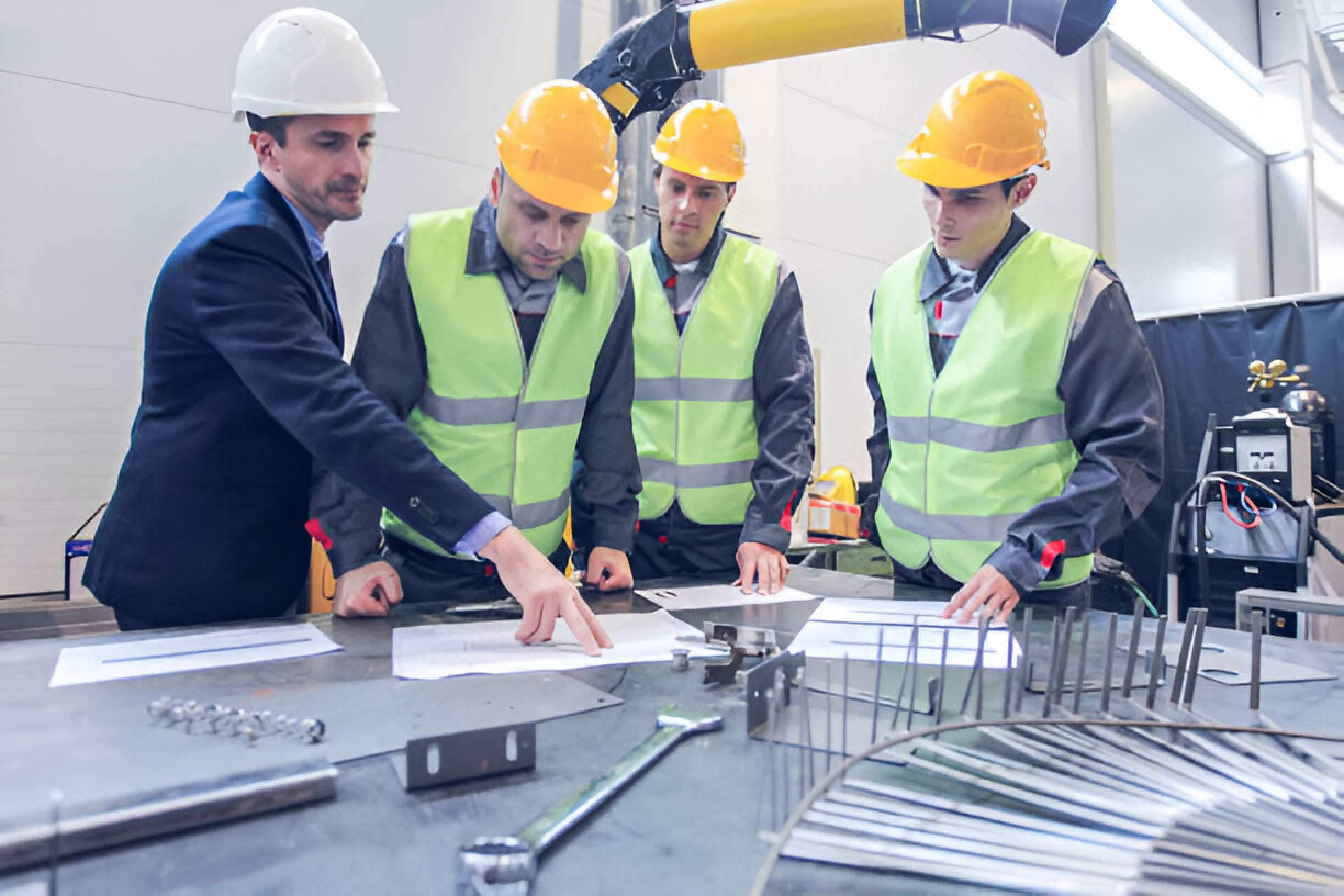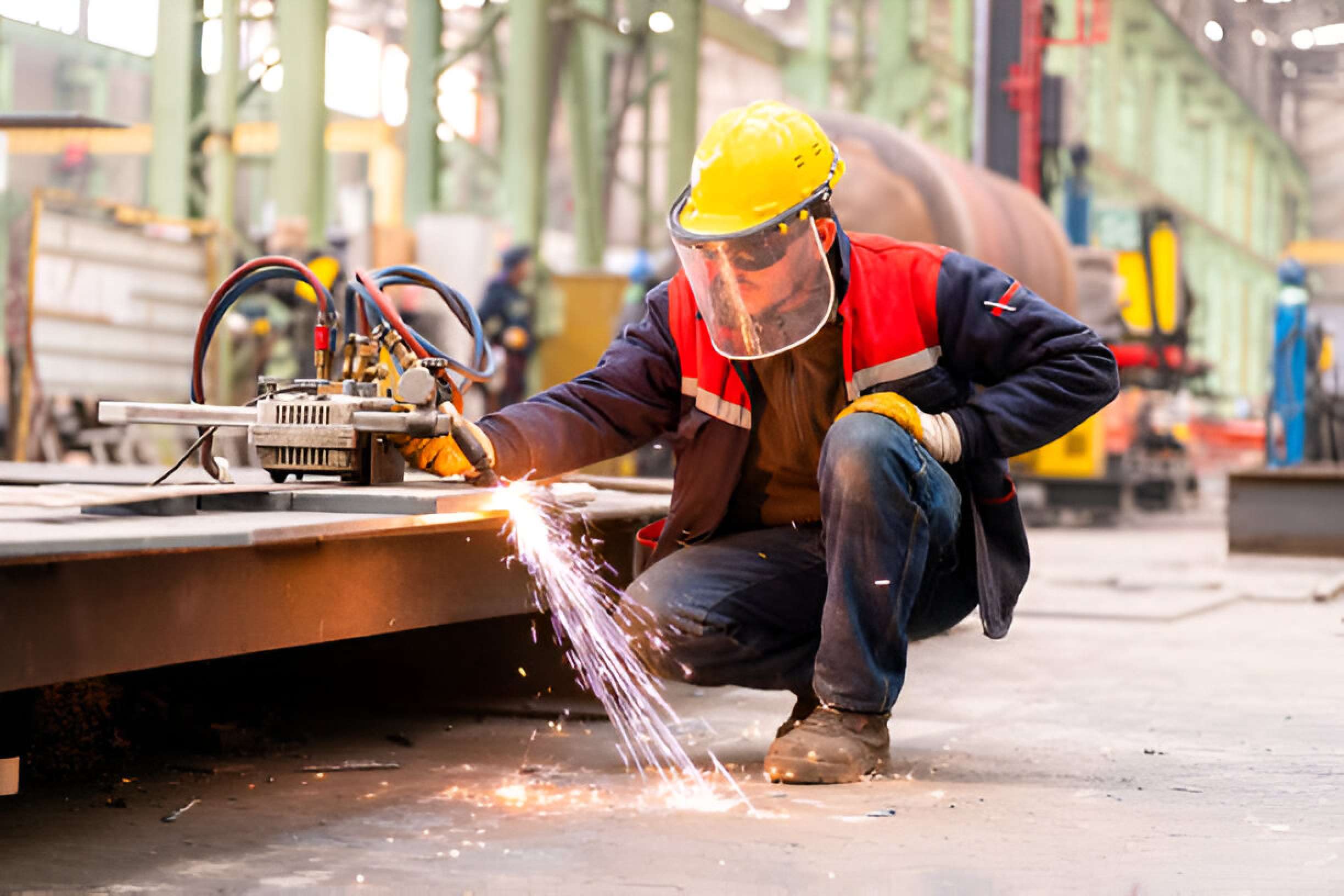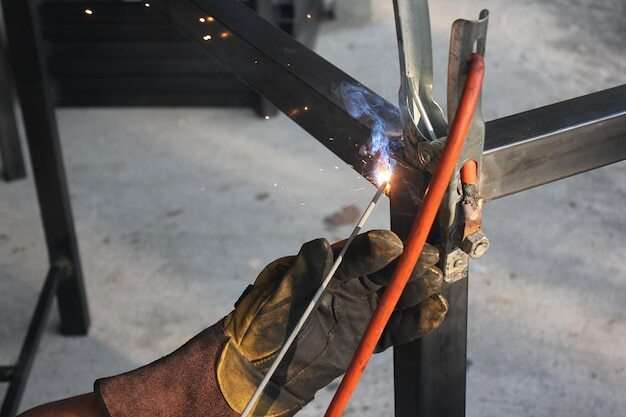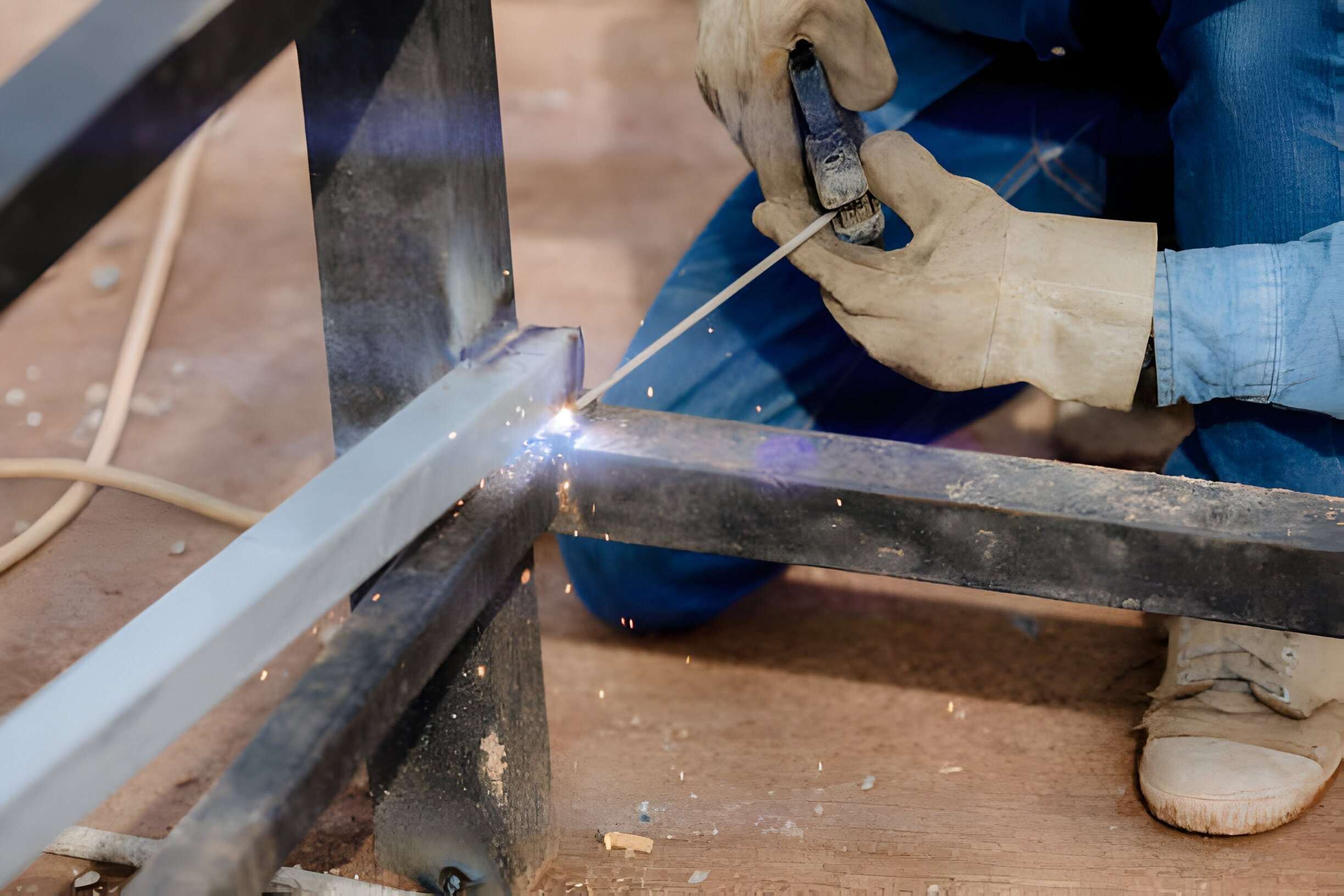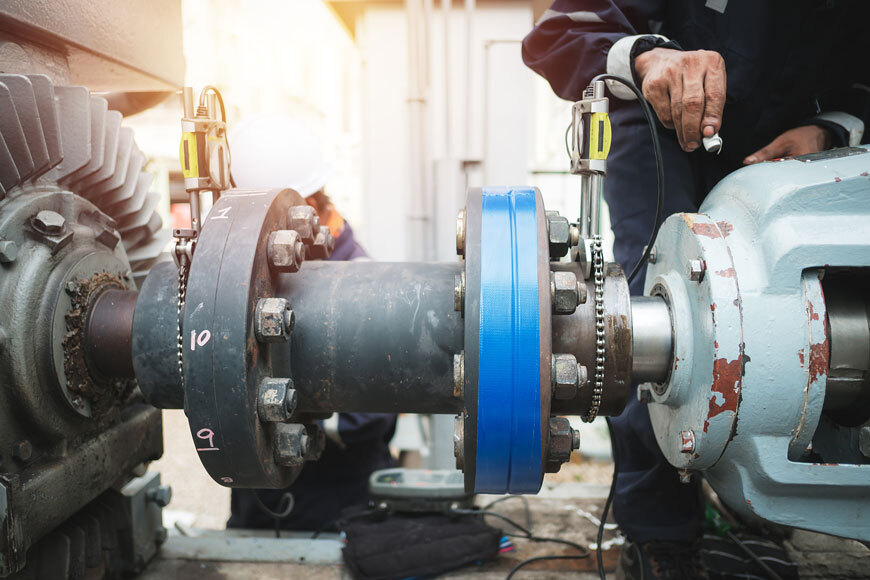
What Is a Millwright? A Comprehensive Guide to This Essential Trade
Have you ever wondered who keeps the big machines in factories, construction sites, and manufacturing plants running smoothly? Meet the millwright, an unsung hero in the world of industrial machinery. Millwrights are skilled workers who install, maintain, and repair heavy machinery and equipment. In this guide, we’ll explore what millwrights do, the skills they need, how to become one, and why they are so important to various industries.
Who Is a Millwright?
A millwright is a skilled worker who specializes in setting up, maintaining, and repairing industrial machinery and equipment. They work in industries like construction, manufacturing, and power generation. Millwrights ensure machines work efficiently and safely, which is essential for the productivity and smooth operation of industrial activities.
What Does a Millwright Do?
Millwright Duties
Millwrights perform various tasks to make sure machinery and equipment run well. Their main duties include:
- Machinery Installation: Setting up new machines and making sure they work correctly.
- Maintenance and Repair: Regularly maintaining and repairing machinery to keep it running smoothly.
- Precision Alignment: Using special tools to align machine parts precisely.
- Troubleshooting: Finding and fixing problems with machinery.
- Hoisting and Rigging: Safely moving heavy machinery with hoisting and rigging equipment.
- Welding: Welding parts together during repair and installation.
Specialized Tools and Techniques
Millwrights use a variety of tools and techniques, such as:
- Laser Alignment: Using lasers to ensure machine parts are perfectly aligned.
- Fluid Mechanics: Understanding fluid mechanics to maintain hydraulic and pneumatic systems.
- Load-Bearing Capabilities: Checking the load-bearing capacity of structures and machinery.
- Technical Blueprints: Reading blueprints to understand machinery specs and installation requirements.
Skills Required to Be a Millwright
To be a successful millwright, you need a mix of technical skills, physical abilities, and personal attributes.
Technical Skills
- Welding Skills: Being good at welding is crucial for assembling and repairing machinery.
- Machinery Installation: Knowing how to set up and align complex machinery.
- Preventative Maintenance: Understanding maintenance practices to prevent machinery breakdowns.
- Troubleshooting: Being able to quickly diagnose and fix mechanical problems.
Soft Skills
- Communication Skills: Clear communication is key for working with team members and supervisors.
- Active Listening: Accurately understanding instructions and feedback.
- Time Management: Managing time well to complete tasks on schedule.
- Attention to Detail: Ensuring all components are correctly aligned and functional.
- Problem-Solving Skills: Thinking critically to solve complex mechanical problems.
Physical Strength and Stamina
Millwrights often work with heavy machinery, requiring significant physical strength and stamina. They must be able to lift, carry, and move heavy objects, often in challenging environments.
Education and Training
Educational Requirements
To become a millwright, you typically need:
- High School Diploma: A basic requirement for entering the field.
- Vocational Programs: Specialized training programs providing hands-on experience with machinery.
- Trade School: Attending trade school to gain in-depth knowledge and skills.
Apprenticeship Programs
Most millwrights complete an apprenticeship program, combining on-the-job training with classroom instruction. Apprenticeships usually last 3-4 years and cover topics like:
- Machinery Installation and Maintenance
- Safety Protocols
- Technical Blueprints
- Fluid Mechanics
- Precision Alignment
Certifications and Licenses
While not always required, certifications can enhance job prospects. Certifications from organizations like the National Center for Construction Education and Research (NCCER) or the Millwright Local Union validate a millwright’s skills and knowledge.
Work Environment
Millwrights work in various settings, including:
- Construction Sites: Installing heavy machinery and equipment.
- Manufacturing Plants: Maintaining and repairing machinery to keep production lines running smoothly.
- Power Plants: Maintaining turbines, generators, and other critical equipment.
- Industrial Machinery: Working with a range of machinery, from conveyor systems to turbine rotors.
Safety Regulations and Personal Protective Equipment (PPE)
Safety is a top priority for millwrights. They must follow strict safety rules to prevent accidents and injuries. This includes wearing personal protective equipment (PPE) such as:
- Hard Hats
- Safety Glasses
- Gloves
- Steel-Toed Boots
- Hearing Protection
Millwright Salary and Job Outlook
Millwright Salary
The salary of a millwright can vary based on location, industry, and experience. In the United States, millwrights can earn between $45,000 and $70,000 per year. Experienced millwrights, especially those with specialized skills, can earn over $80,000 annually. The job often comes with benefits like health insurance, retirement plans, and paid time off.
- Entry-Level: $40,000 – $50,000 per year
- Mid-Career: $50,000 – $70,000 per year
- Experienced: $70,000 – $90,000 per year
Job Outlook
The demand for skilled millwrights is expected to remain strong due to the ongoing need for machinery installation, maintenance, and repair in various industries. As technology

